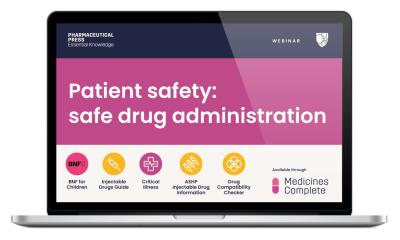Avian 'flu research suggests vaccine should be used now, not stockpiled
Governmental fear of an avian 'flu pandemic remains high, and a certain amount of vaccine has been stockpiled to meet sudden demand.
In addition, Department of Health guidance for hospitals is available to provide specific recommendations, planning strategies and tools for local public health and healthcare officials who would be in the front line for managing and containing an influenza pandemic.
However, new research published in the New England Journal of Medicine suggests that vaccination now, with the currently available product, could help save lives in
a future bird ’flu pandemic. The study, by researchers at Leicester University, indicates that, if a vaccination against one strain of avian flu is given years even years earlier, this could prime the immune system to ward off many later avian ’flu strains. They suggest that, in the event of a pandemic, a booster could be given to those pre-vaccinated people, thus protecting them far sooner than others who had not received the vaccine. ‘If a bird ’flu pandemic erupted tomorrow it isn’t clear that we would have six weeks to vaccinate people before it arrived in this country, even if the vaccine was stockpiled,’ researcher Dr Iain Stephenson pointed out.
The researchers focused on people who were vaccinated against the H5N3 strain of bird ’flu between 1999 and 2001. That vaccine contained MF59, an additional ingredient to boost its effectiveness. Some years on, this group were given jabs against the H5N1 strain of avian flu. Their immune system response was then compared with those of a group who had not received the earlier vaccination. Seven days later, 80% of the pre-vaccinated group showed signs that their bodies were protected against H5N1, compared with just 20% of the previously non-vaccinated group.
The researchers concluded that the initial vaccine against H5N3 strain of avian ’flu had not only provided protection against that strain, but enhanced protection against other avian ’flu strains. ‘We have been able to prove in this study that you can vaccinate people six, seven, or eight years ago and still get a very rapid response with a booster shot within a week,’ said Dr Stephenson.
Follow-up research has been suggested by the government-funded National Institute for Biological Standards and Control, which helps in the production and testing of vaccines for emerging influenza strains and had backed the Leicester study.
28.10.2008





